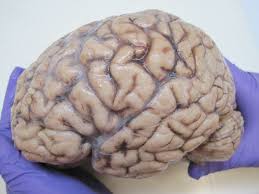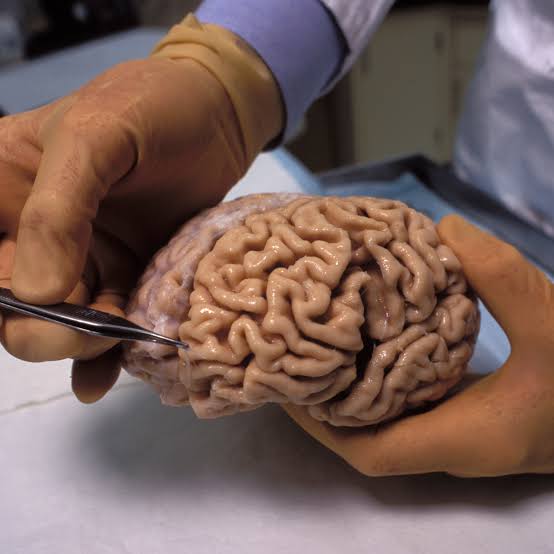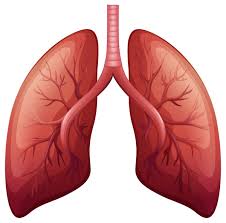1. “Understanding Brain Shutdown: Causes and Consequences”
Explore the concept of a “brain shutdown,” examining the various factors that can lead to temporary cognitive impairment and its impact on daily functioning.
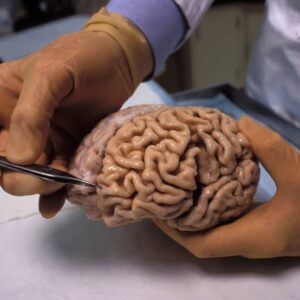
2. “Stress and the Brain: Unraveling the Mechanisms of Shutdown”
Investigate how excessive stress can contribute to a perceived brain shutdown, exploring the physiological and psychological aspects of stress-related cognitive decline.
3. “Digital Overload: The Modern Epidemic of Brain Shutdown”
Examine the effects of information overload and constant digital stimulation on the brain, discussing strategies to prevent cognitive fatigue and enhance mental well-being.
4. “Sleep Deprivation and Brain Shutdown: A Dangerous Connection”
Delve into the relationship between insufficient sleep and cognitive function, exploring the consequences of sleep deprivation on mental alertness and overall brain health.
5. “Nutrition and Cognitive Shutdown: The Brain-Food Connection”
Highlight the impact of diet on cognitive function, discussing how certain nutrients and dietary habits can either support or hinder optimal brain performance.
6. “Mindfulness and Mental Resilience: Guarding Against Brain Shutdown”
Explore the role of mindfulness practices in preventing cognitive shutdown, discussing meditation, deep breathing, and other techniques that promote mental resilience.
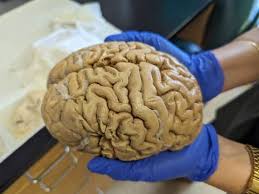
7. “The Teen Brain: Understanding Shutdowns During Adolescence”
Examine the unique challenges faced by the developing adolescent brain, discussing factors like hormonal changes, peer pressure, and academic stress that may contribute to temporary cognitive shutdowns.
8. “Neurological Disorders and Brain Shutdown: Navigating Challenges”
Discuss various neurological conditions that can lead to episodes of brain shutdown, offering insights into their symptoms, diagnosis, and available treatments.
9. “Rebooting the Brain: Strategies for Overcoming Shutdowns”
Provide practical tips and techniques for overcoming brain shutdown, including lifestyle adjustments, cognitive exercises, and stress management practices.
